Calcined dolomite, also known as burnt dolomite, is a type of dolomite that has undergone a calcination process. This process is carried out in a rotary kiln, which produces high-quality calcined dolomite. The calcination of dolomite is useful in removing impurities and moisture, resulting in a more stable and refined product. Calcined dolomite has a wide range of applications, particularly in the steel industry. It is used as a flux in the production of iron and steel, as it helps remove impurities and acts as a binding agent. Calcined dolomite is also used as a refractory material in kilns and furnaces, due to its high melting point and resistance to heat and corrosion.
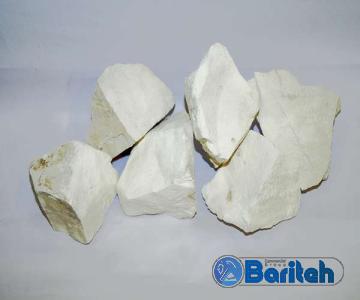
.
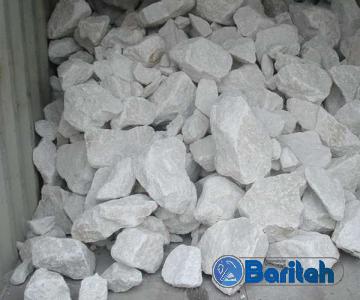 In addition to its applications in the steel industry, calcined dolomite is used in agriculture as a soil conditioner. It helps adjust the pH level of acidic soils, providing a more favorable environment for plant growth. The calcium and magnesium content in calcined dolomite also contribute to the nutrient profile of the soil, promoting better nutrient absorption by plants. Another industry where calcined dolomite finds application is the construction industry. It is used as a filler material in the production of asphalt and concrete, as it enhances the strength and durability of these materials.
In addition to its applications in the steel industry, calcined dolomite is used in agriculture as a soil conditioner. It helps adjust the pH level of acidic soils, providing a more favorable environment for plant growth. The calcium and magnesium content in calcined dolomite also contribute to the nutrient profile of the soil, promoting better nutrient absorption by plants. Another industry where calcined dolomite finds application is the construction industry. It is used as a filler material in the production of asphalt and concrete, as it enhances the strength and durability of these materials.
..
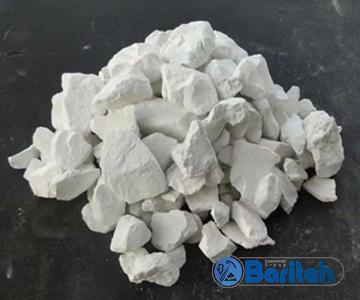 The high melting point of calcined dolomite also makes it suitable for use in the production of fire-resistant bricks and refractory materials. The demand for calcined dolomite is expected to grow in the coming years, driven by the expanding steel, agriculture, and construction industries. As the steel industry continues to expand globally, the demand for calcined dolomite as a flux and refractory material will increase. Similarly, the growing need for food security and sustainable agriculture practices will boost the demand for calcined dolomite as a soil conditioner. The production of calcined dolomite requires careful mining,
The high melting point of calcined dolomite also makes it suitable for use in the production of fire-resistant bricks and refractory materials. The demand for calcined dolomite is expected to grow in the coming years, driven by the expanding steel, agriculture, and construction industries. As the steel industry continues to expand globally, the demand for calcined dolomite as a flux and refractory material will increase. Similarly, the growing need for food security and sustainable agriculture practices will boost the demand for calcined dolomite as a soil conditioner. The production of calcined dolomite requires careful mining,
…
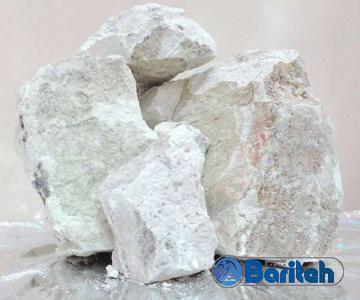 processing, and quality control to ensure a consistent and high-quality product. The raw dolomite is carefully selected and processed into a suitable size before being calcined in a rotary kiln. The calcination process involves heating the dolomite to a specific temperature, which varies depending on the desired end product. In conclusion, calcined dolomite is a versatile and valuable material with a wide range of applications. Its use in the steel, agriculture, and construction industries contributes to the growth and development of these sectors. As the demand for calcined dolomite continues to rise, it is imperative for producers to maintain high-quality standards and meet the diverse needs of their customers.
processing, and quality control to ensure a consistent and high-quality product. The raw dolomite is carefully selected and processed into a suitable size before being calcined in a rotary kiln. The calcination process involves heating the dolomite to a specific temperature, which varies depending on the desired end product. In conclusion, calcined dolomite is a versatile and valuable material with a wide range of applications. Its use in the steel, agriculture, and construction industries contributes to the growth and development of these sectors. As the demand for calcined dolomite continues to rise, it is imperative for producers to maintain high-quality standards and meet the diverse needs of their customers.
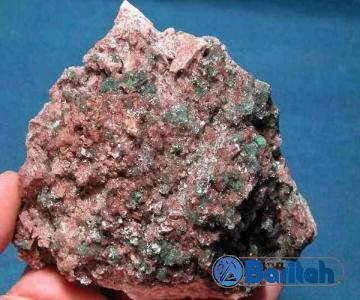
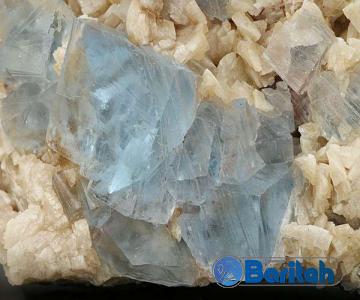
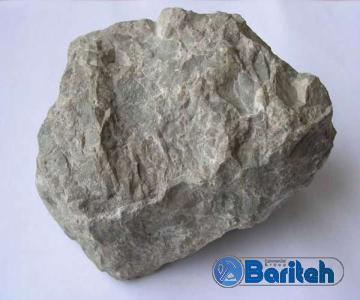
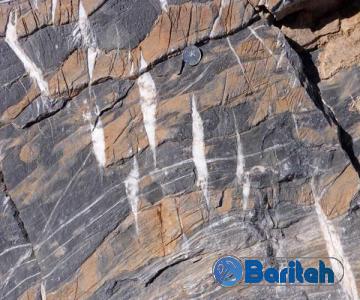
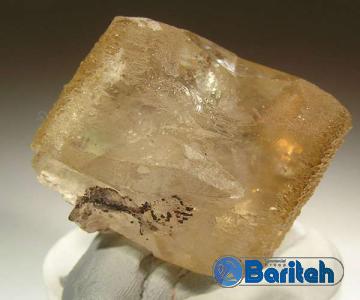
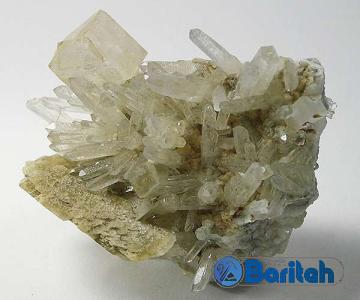
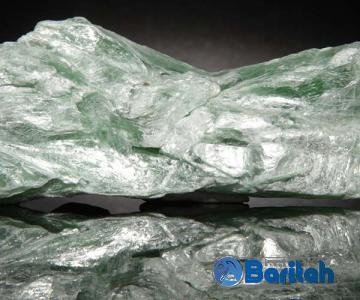
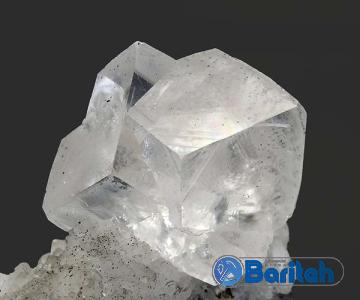
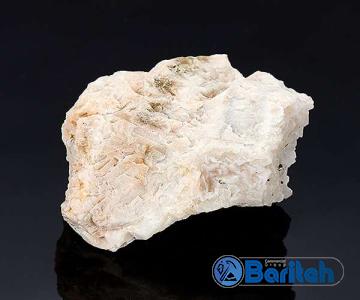
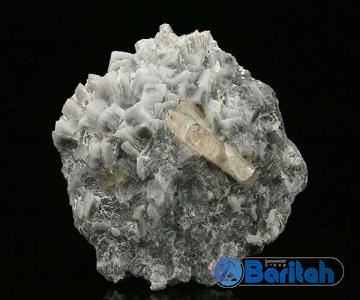
Your comment submitted.